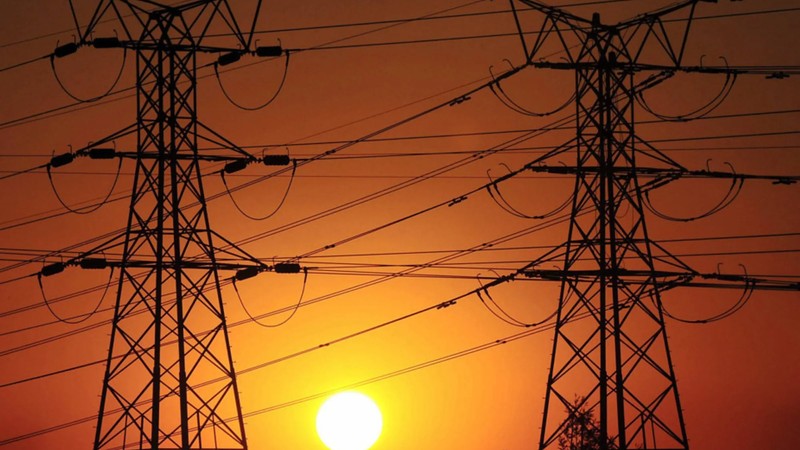Electricity theft and non-payment by consumers leads to R1 billion loss for KwaDukuza Municipality
KwaDukuza Municipality (KDM) has lost more than R1 billion in one financial year due to electricity theft and non-payment by consumers.
Ratepayers in KwaDukuza have warned that the municipality is facing a financial catastrophe due to electricity theft. They emphasised that the situation is worsening and have called for an urgent meeting to tackle the issue. Residents believe that this matter should be addressed at a budget meeting scheduled for today.
Mary Kassam, COO of the Dolphin Coast Ratepayers and Residents Association (DOCRRA), expressed concern about the matter.
“If we do not stop bleeding cash due to electricity losses from the 2023 financial year to date, we are staring down a financial crisis; the electricity business units have lost over a billion rand.”
The organisation reported that energy losses for the last financial year were about 26.73%. The acceptable level recommended by National Energy Regulator of South Africa (Nersa) for losses is between 7% and 12%.
The association said it had repeatedly asked the municipality for a complete list of mitigation measures for energy losses, along with a progress report on work done. However, KDM has not supplied one.
Warwick Chapman, chairperson of the KwaDukuza Residents Forum (KDRF), stated that at the last Integrated Development Plan (IDP) roadshow, hundreds of residents showed up at the Umhlali school to demand better services and accountability from the municipality. He added that there is another IDP meeting this week and residents needed to attend.
“For far too long, this municipality has busied itself with indifference. We have power, and we have influence,” he said.
Chapman pointed out that the electricity department in KDM is, by far, the biggest problem in the municipality. He noted that they had endured a disastrous festive season where, out of 90 days, there were only three days without some sort of power failure.
“More alarmingly, the municipality is spending far more on electricity than it is charging. Over the last three financial years, millions have been lost through the electricity department—money that could have gone to fixing roads, improving the electricity grid, supporting the local economy, or rescuing our rates.
“The only way they could lose so much money is through large-scale theft from large power users; informal settlements cannot account for the sheer volume of the loss.” He added that at the start of this year, KDM initiated a programme driven by the national treasury to install smart meters to ensure that users pay for electricity.
“It is now November, and key contracts have not been signed. These contracts will ensure that large power users have their meters audited, smart meters installed, and reconciliations done to ensure they are billed correctly concerning their power use.”
Privi Makhan, a DA councillor in KwaDukuza, said that energy loss in the municipality is a crisis with currently, losses sitting at 29.1 percent.
“Fixing the energy loss crisis must be a synergised effort between the electricity department, revenue protection unit, and the finance department. Additionally, if contracts are not signed as a result of supply chain processes still unfolding, that process must unfold administratively and in line with the legislated framework. However, if it is found that the contracts have not been signed due to negligence from officials, then those responsible must be held fully accountable.
“The DA caucus in KwaDukuza exposed the Dukuza substation project as being halted. It is completely unacceptable that a project that was due to ensure reliability of supply to the area has now come to a grinding halt due to funding challenges,” said the councillor.
Mayoral spokesperson Sphe Ngobese said the municipality could not speak on the allegations raised by ratepayers, saying if they have issues they can raise them with the municipality.

